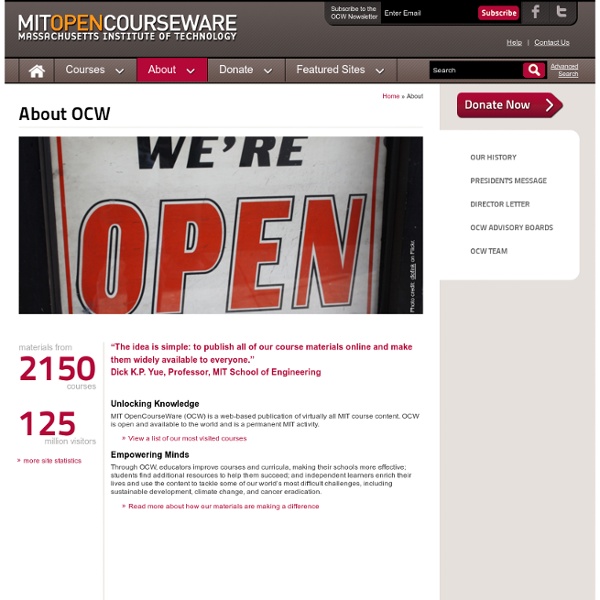



PLOS Digital Special Collections Projects DSC has taken on a number of projects to grow the OAC, Calisphere, and UC Shared Images collections; bring on new contributors; explore opportunities for developing and implementing new technologies; and much more. Current projects UC Libraries Digital Collection (UCLDC) Implementation Project The UC Libraries Digital Collection (UCLDC) Implementation Project is a collaborative initiative of the ten campus libraries that will result in a shared platform for managing and displaying selected digital resources. Social Networks and Archival Context (SNAC) Project In collaboration with the Institute for Advanced Technology in the Humanities at the University of Virginia (project lead) and the School of Information at UC Berkeley, this project will explore the potential for archival authority records to improve access to cultural resources in libraries, archives, and museums. Past projects American West ArchivesSpace Supported by The Andrew W. Audio/Visual Working Group California Cultures
Harvard University Library: Open Collections Program: Home College Success OCF Skip To Content My Dashboard Press comma to hear a list of keyboard shortcuts for this page. Close College Success OCF See Course Stream College Success OCF Course Modules To change the order of the course modules and module items, first turn the cursor off on your screen reader. Email support@lumenlearning.com to request a common cartridge file and access to assessments. Instructor Resources Student Resources Beginning Success Learning for Success Time Management for Success Academic Success Career Exploration for Success Choices and Personal Responsibility for Success Communication and Financial Success Reflection and Portfolio This course content is offered under a CC Attribution license. Close Next Steps Press comma to close this dialog
Free. Open-source. Peer-reviewed. High-quality textbooks for your college course. - OpenStax College Free. Open-source. Peer-reviewed. High-quality textbooks for your college course. An Easy Choice for Faculty Built to standards that faculty expect. Learn More >> The Right Price for Students The perfect price for a student budget: free. Learn More >> An Institutional Standout Looking for ways to make your institution stand out as an affordable alternative? Learn More >> The Faculty Project Udacity | EPIC 2020 Link to the Udacity web site Latest article about Udacity. Udacity is the result of an experimental Stanford Engineering online class that was conducted at the end of 2011 by Sabastian Thrun (Research Professor of Computer Science at Stanford) and Peter Norvig (Director of Research at Google). The Stanford Introduction to Artificial Intelligence Course (a 200 level course) was offered for free online with no prerequisites. The online group was 160,000 students for the ten week course. 23,000 passed the homework and exams. 253 had perfect scores. Students used the class blog to post questions and a Facebook “Like” system that caused the best questions to rise to the top. Students from around the world were teaching one another. This has the potential to obsolete the tuition model. Udacity is starting with Computer Science courses but will soon expand to the sciences. Like this: Like Loading...
Imagine No College Debt (It Isn't Hard to Do) - Sophie Quinton Traditional universities could soon be forced to accept credits from online courses. Associated Press/Jessica Hill Making it in America used to mean earning enough to send your kids to college. These days, it requires getting a degree yourself first--and then possibly upgrading your credentials and skills to qualify for a promotion or to switch fields. Education, as President Obama likes to say, isn't a luxury-good anymore. Online education institutions have long served students who want to get a higher degree on their own schedule, and who aren't looking for the dorm experience, student center, and extra costs that come along with a traditional residential campus. The next generation of innovators, such as StraighterLine and UniversityNow, are further redefining what constitutes a course credit and how learning can be priced. StraighterLine isn't an accredited institution, because it doesn't award degrees. Online institutions can also act as virtual laboratories.